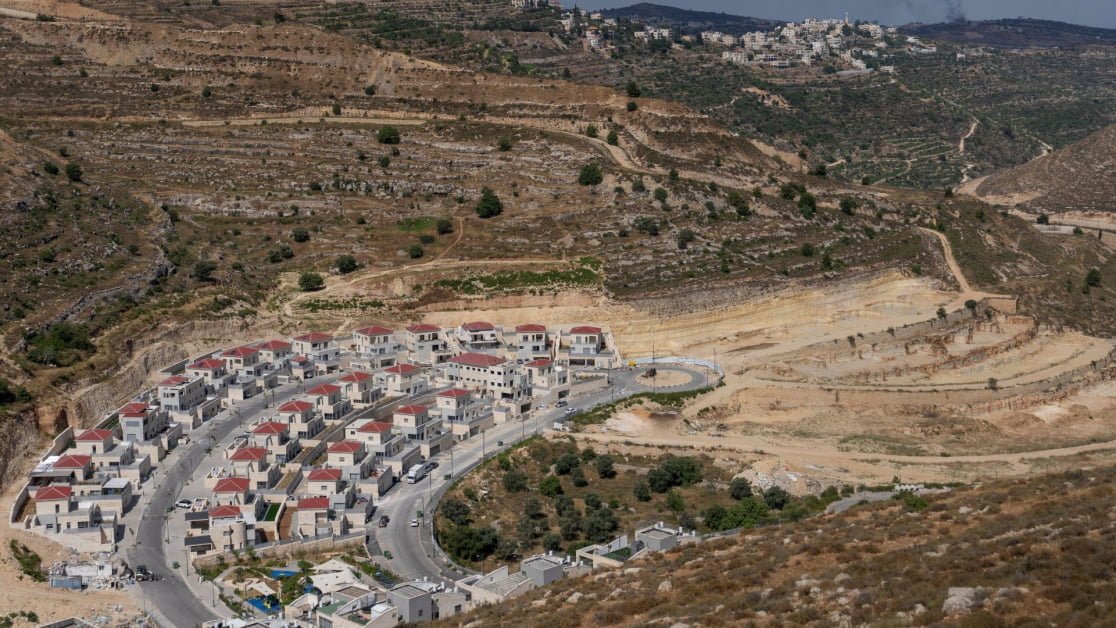The recent decision made by the International Court of Justice (ICJ) regarding Israel’s construction of a barrier in the West Bank has ignited a heated discussion on its potential repercussions. This ruling could have significant implications for not only the region but also beyond. This article will delve into the ramifications of the ICJ’s decision on Israel and its potential impact on the ongoing conflict in the Middle East. From legal consequences to diplomatic fallout, we will examine the possible outcomes of this pivotal ruling on one of the most contentious issues in global politics today.
The ICJ, the top court of the United Nations, has concluded that Israel’s prolonged occupation of Palestinian territory is in violation of international law. Illegal Israeli settlements have been steadily expanding in the Palestinian territory for years, and the ICJ has now called for Israel to halt this expansion, reverse its course, and address the damage caused. The court’s ruling highlights that Israel’s occupation is not only unlawful but also fueling an escalation in violence in the region.
Despite the ICJ’s advisory opinion, it is important to note that the findings are not legally binding, and the Israeli government has not shown significant willingness to comply with previous rulings. Therefore, the question remains whether the ICJ’s decision will have any tangible impact on the ground.
Experts in the field, including Wesam Ahmad from the Center for Applied International Law at Al-Haq, Ardi Imseis, legal counsel for the State of Palestine, and author of “The United Nations and The Question of Palestine,” and Yossi Mekelberg, an associate fellow at Chatham House’s Middle East and North Africa Program, offer their insights on the implications of the ICJ ruling. Each brings a unique perspective to the table, shedding light on the potential consequences of this landmark decision on the Israeli-Palestinian conflict and the broader Middle East region.


